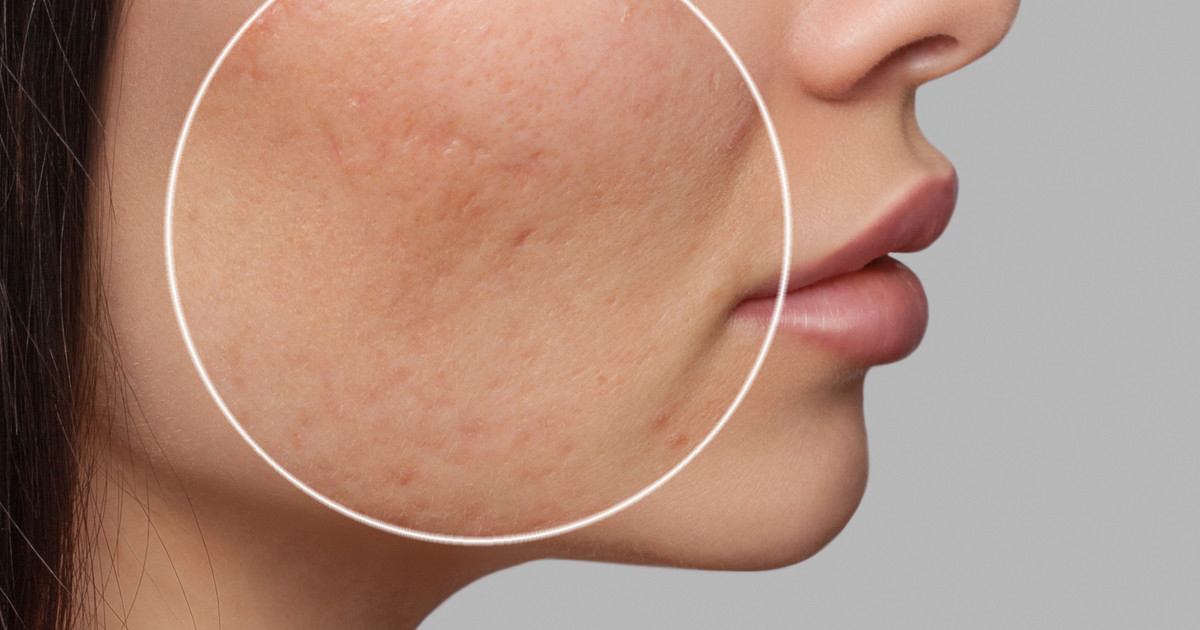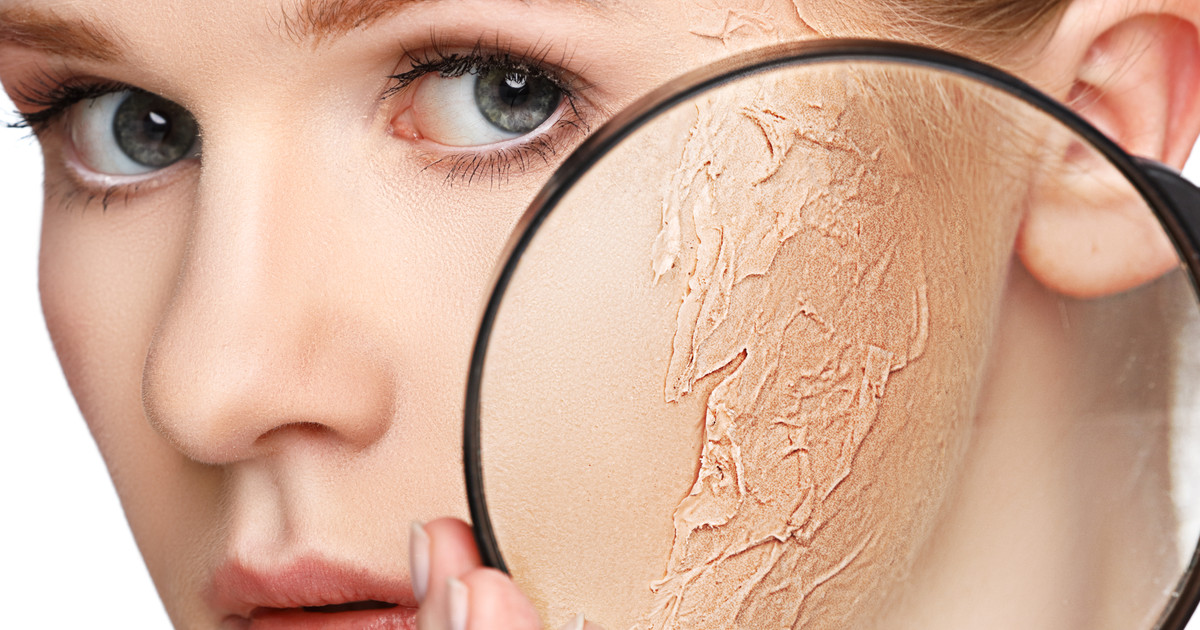What Is Isotretinoin (Accutane)?
Isotretinoin appears to be within the retinoid class. It seems to be offered as an oral prescription. Adult acne patients may take a standard dose based on their weight. This seems to be between 0.25 and 0.5 milligrams per kilogram of their weight. They may take this dose two times in a day. The maximum dose appears to be two milligrams per kilogram. Patients may be able to take this medicine for up to twenty weeks. This may be due to the risk of side effects. These effects seem to be why patients must be on a registry for their treatment. Their doctor may provide close monitoring also.
It seems that isotretinoin is a severe acne treatment. However, individuals may need other acne medications first. An isotretinoin prescription appears to have to meet stringent requirements. Most patients may need to try topical acne spot treatments or home remedies for acne first. Some dermatologists seem to prescribe topical retinoids first also. Although it may also be a strong acne scar treatment, patients appear to need a strong understanding of isotretinoin before receiving it as a treatment for acne first.
How It Should Work
Isotretinoin seems to be a synthetic version of vitamin A. It may be sold under the brand Accutane. Doctors appear to consider it an oral retinoid. This medication should help patients reduce the size of the skin glands that produce sebum. It may also help reduce how much sebum they make. Isotretinoin should also decrease bacteria on the skin. This medication appears to reduce skin inflammation also. Ultimately, this retinoid can dry the skin. The result may be an unfavorable environment for acne.
This prescription may trigger a significant decrease in clogged pores. It should also increase an individual's skin cell turnover rate. Experts seem to believe that it boosts how much neutrophil gelatinase-associated lipocalin the skin makes to achieve this. It appears that this is what kills skin cells in the glands that make sebum. This medication may influence sebum in other ways. This may include blocking MMP-9 action.
Continue reading to reveal possible uses for this medication next.

Possible Uses
The most common possible use for this medication seems to be to treat severe nodular acne. However, it appears to come with some restrictions. Doctors may only prescribe it when patients have not responded to other treatments. This may include antibiotics and other prescriptions. It looks as if isotretinoin can be used in other ways. Some doctors seem to prescribe it for moderate acne if the patient has shown resistance to other treatments. They may use this medication for acne scars too. Individuals whose acne triggers psychological distress may also qualify for this prescription. These instances appear to receive lower doses than severe nodular acne does.
Cutaneous T-cell lymphoma patients may take this medication too. It also seems to prevent squamous cell carcinoma in high-risk individuals. Dermatologists may prefer this medication for certain women at a high risk of skin cancer. These women seem to be in their child-bearing years. The reason appears to be because this medicine has a shorter half-life than others.
Learn about the potential side effects next.

Potential Side Effects
Isotretinoin appears to carry a variety of potential side effects. The ones that patients seem to report the most include nosebleeds, headaches, and vision issues. Joint and back pain may also be on this list. Most patients appear to deal with some amount of dryness in the skin on their face. This seems to include their lips too. They may also see some dry eyes or a dry nose. Individuals taking this medication may see some common cold symptoms appear also. One example seems to be sneezing.
Patients may need to consider calling their doctor right away about some side effects. Examples of these effects appear to include vision changes, increased urination, and hearing problems. Increased thirst and hallucinations may need this call too. It also seems to apply if patients deal with depression symptoms. There appears to be a risk of pancreas and liver issues with this medicine. Individuals taking it may need to be aware of certain effects due to this. Examples of warning signs could include appetite loss, jaundice, and dark urine. Others may be vomiting, nausea, rapid heart rate, and stomach pain that spreads to the back. Patients may want to call their doctor right away if they deal with any of these. They should consider making this call for stomach problems too. Some of these signs may be swallowing pain, diarrhea, heartburn, and severe stomach pain. These symptoms seem to include severe chest pain, bloody stool, and rectal bleeding too.
Keep reading to uncover potential precautions to consider next.

Potential Precautions To Consider
Individuals who want to take isotretinoin may have several potential precautions to consider. This seems to be because some conditions may make it unsafe for patients. A history of diabetes, asthma, high cholesterol, and heart disease may be examples. Others appear to include a history of inflammatory bowel disease, liver disease, and osteoporosis. Some mental illnesses may make this medication unsafe as well. It also appears to be inappropriate for individuals younger than twelve years old. Thus, patients should consider reviewing their entire medical history with their doctor before taking this medication.
There also appears to be significant precautions that women need to take with this medication. It seems that isotretinoin could trigger miscarriage, birth defects, or premature birth in pregnant women. These effects may happen with a single dose. Thus, this prescription does not appear to be safe for pregnant or breastfeeding women. Women may be obligated to have regular pregnancy tests if they are going to take this medication. These tests may happen before, during, and after treatment. They seem to need two forms of birth control also. Patients should be able to choose to take this medication with or without food. However, they may wish to consult their doctor regarding this. It appears that they need to drink a full glass of water with each dose. Individuals may need regular blood tests as well. Finally, these prescriptions seem to have to be filled within a week of being written. Patients also appear to be limited to a thirty-day supply each time.
Uncover the possible medication interactions next.
Possible Medication Interactions
Isotretinoin appears to have many possible medication interactions. Thus, doctors seem to ask patients about their current prescription medications first. Patients may want to include over-the-counter medicines and supplements when they speak to their doctor about this. Medication classes that isotretinoin may interact with include anticonvulsants and oral steroids. Examples seem to be phenytoin and dexamethasone, respectively. These prescriptions appear to make isotretinoin unsafe. Individuals who take them may need a different medication to them or isotretinoin. Dosage changes may happen as well. Individuals may also need to stop taking vitamin A supplements if they want to try isotretinoin.
